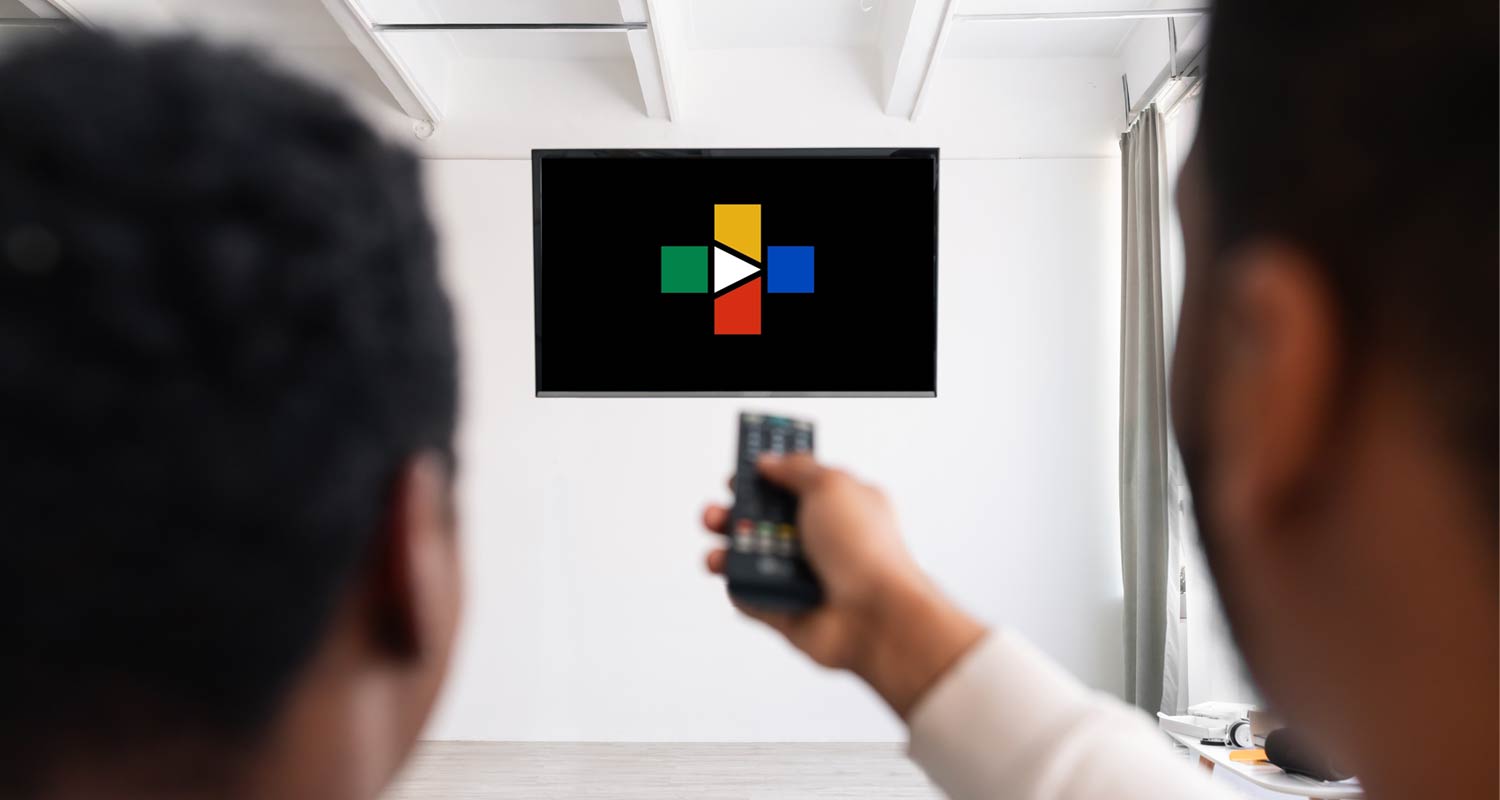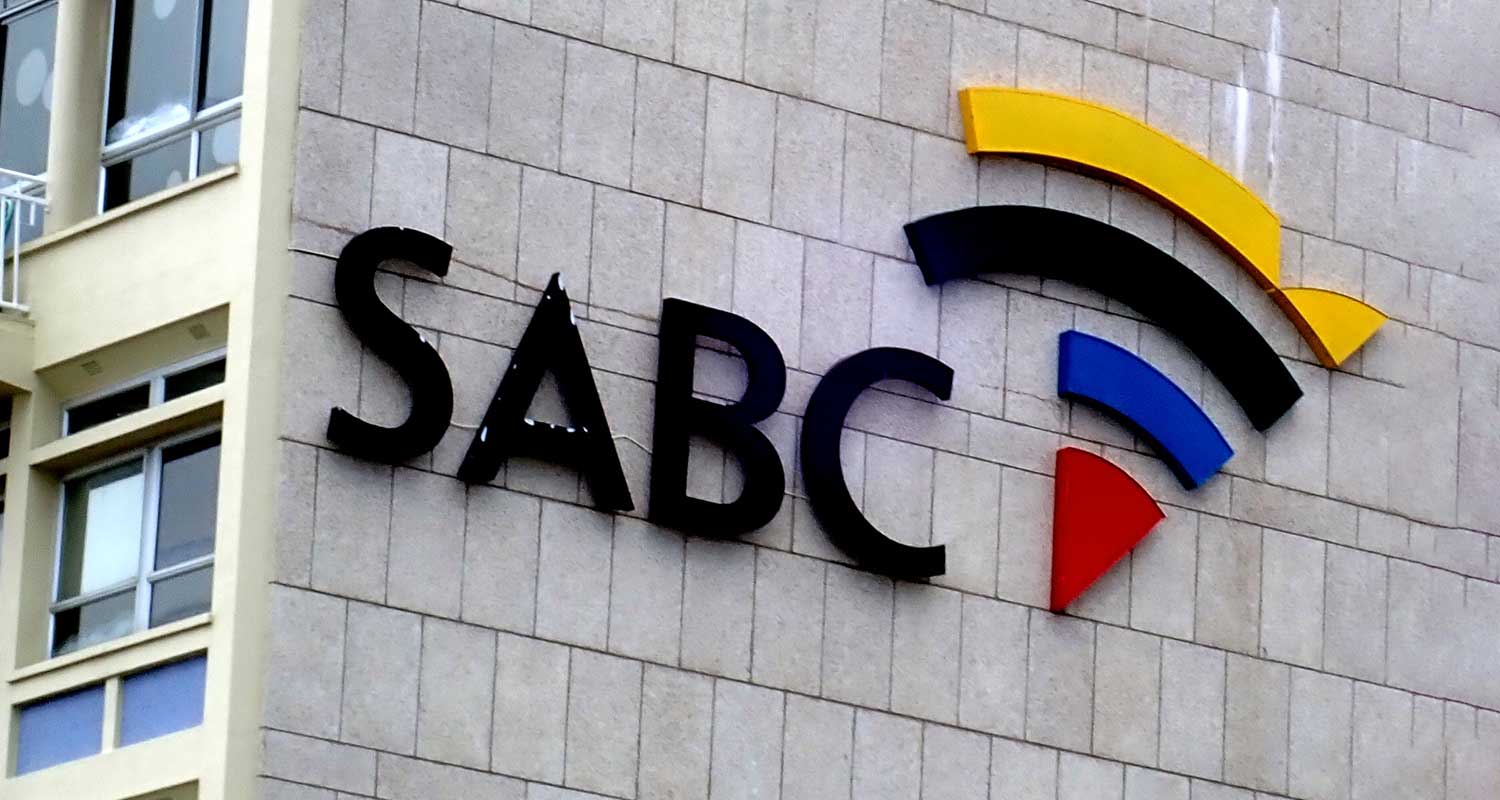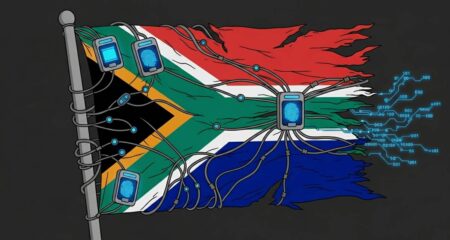 The SABC was established in 1936 by the Broadcasting Act of that year. That act was substituted by the 1973 Broadcasting Act, which has since been replaced by the Broadcasting Act of 1999.
The SABC was established in 1936 by the Broadcasting Act of that year. That act was substituted by the 1973 Broadcasting Act, which has since been replaced by the Broadcasting Act of 1999.
Pursuant to a 2002 amendment of the act, the SABC has been converted into a public company with a share capital; its sole shareholder is the state.
The Broadcasting Act imposes onerous duties on the public broadcaster:
- The act requires the SABC to provide, in all official languages, a wide range of programming that reflects South African opinions and artistic creativity, displays South African talent in education and entertainment programmes, offers a plurality of views and a variety of information and analysis, and provides for a broad assortment of audience interests, beliefs and perspectives.
- It must also maintain a high standard of accuracy in news and programmes on matters of public interest. It must nurture South African talent and train people in production skills. It must provide or subsidise variety, musical or other performances. Its services must extend beyond South Africa’s borders.
- The SABC must have local content, language and religious policies, ensure that its services treat all population segments and official languages equitably, and strive to be of high quality in all languages. It must be responsive to the needs of deaf and blind users.
- It must provide radio and television programming that informs, educates and entertains.
- It must also include significant amounts of educational programming on a wide range of social, political and economic issues, including human rights, health, early childhood development, agriculture, culture, religion, justice and commerce.
- Its commercial services must commission a significant amount of programming from the independent sector and operate efficiently to maximise revenue.
- The corporation runs five television channels and 18 radio stations. The act says its programmes must be funded by any means of finance, including advertisements, subscriptions, sponsorships, grants by the state, donations by others and television licence fees.
According to the most recent available financial statements of the SABC, for its financial year to 31 March 2023, its then-CEO stated that having to fulfil the corporation’s mandate comes at great cost. It must broadcast programmes, which, although of value to target audiences, do not attract advertisers and hence are produced at a financial loss. Financial sustainability will require legislative change.
The financial statements show that television licence fees received made up just 16% of the SABC’s revenue. Earnings from advertising came to 57% of the total, sponsorship revenue was 15%, while 12% came from other sources.
The Broadcasting Act and regulations, read with the Electronic Communications Act, stipulate that as a rule, no one may use or possess a television set without a licence issued by the SABC.
Only one licence is required for all television sets belonging to the same household. The owner’s dependent family members can use the sets without needing their own licences.
Where the owner of a television set cohabits with another person in the same household as unmarried life partners, the owner’s partner does not require a licence to use the owner’s set. The couple must give the SABC an affidavit confirming that their relationship is permanent.
Businesses, on the other hand, need a licence for each set in their possession.
Inspectors
The SABC issues a licence on payment to it of the R225 annual licence fee prescribed by the minister of communications. The broadcaster’s inspectors may require anyone who must possess a television licence to produce it. Inspectors may enter any residential or business premises to exercise their powers. Entry to a residence after dark requires a warrant or the occupier’s permission.
Despite these stringent measures, they have proved to be largely ineffective. The corporation’s financial statements for the year ending 31 March 2023 showed that it invoiced users of television sets an amount of R4.7-billion in licence fees payable. But only 19% of those invoices were paid – a mere R741-million.
The SABC reported a net loss for the year of R1.1-billion, and current liabilities that exceeded current assets by R612-million. The auditor-general reported to parliament that the SABC was therefore commercially insolvent because it was not able to pay its debts when they were due, even though its assets exceeded its liabilities.
Read: The SABC wants to launch a rival to Openview
The auditor-general was unable to obtain sufficient audit evidence to confirm the reasonableness of the cash flow forecasts for the corporation’s viability in the foreseeable future. Consequently, the AG was unable to confirm whether it is appropriate to prepare the financial statements using the “going concern” assumption.
In 2019, the government gave the SABC a R3.2-billion bailout that allowed it to pay creditors and initiate a turnaround.

South Africans have boycotted the payment of the fees for years, yet the state has persisted in mandating them. When laws are absurd, their observance becomes absurd, too. But when disregard for the law enters the psyche of any society, it becomes difficult to have that society respect useful laws such as those against harming persons or property.
In October 2023, the minister tabled a bill to replace the 1999 Broadcasting Act and to provide for continued governance of the SABC. This bill (the South African Broadcasting Corporation SOC Ltd Bill 32 of 2023) has been referred to parliament’s portfolio committee on communications for consideration.
The bill reproduces in substantially the same form all the 1999 act’s provisions described above that require users of television sets to be licensed.
The bill states that the minister of communications must, in consultation with the minister of finance, develop a feasibility study and business case for a funding model to ensure that henceforth “the majority of the corporation’s funding is sourced from the state-based funding mechanisms”. The precise meaning of this phrase is unclear.
The minister must develop the new funding model within three years after the bill is adopted as an act of parliament and been brought into operation by proclamation of the president.
It is unlikely that the whole process will be finalised within a year. Even though the bill may then have been passed, signed as an act of parliament and published, that alone is not enough to bring it into operation. According to the bill, the act will, as is common in acts of parliament, only come into operation on a date to be determined by the president by proclamation in the Government Gazette. There is no time limit on the president to do this.
Financial crisis
Then the minister of communications has three more years to develop a new funding model for the SABC. Only after public comments have been considered must the minister finalise the funding model and submit it to cabinet for approval.
One can reasonably expect that any such new funding model will not be finalised and implemented in less than five years. In the meantime, the current situation – a mass refusal by users of television sets to pay the prescribed fees to obtain television licences – will continue, with the SABC being in a continual state of financial crisis.
- The author, Gary Moore, is a practising attorney of 30 years and a senior associate of the Free Market Foundation. This column has been edited for length




